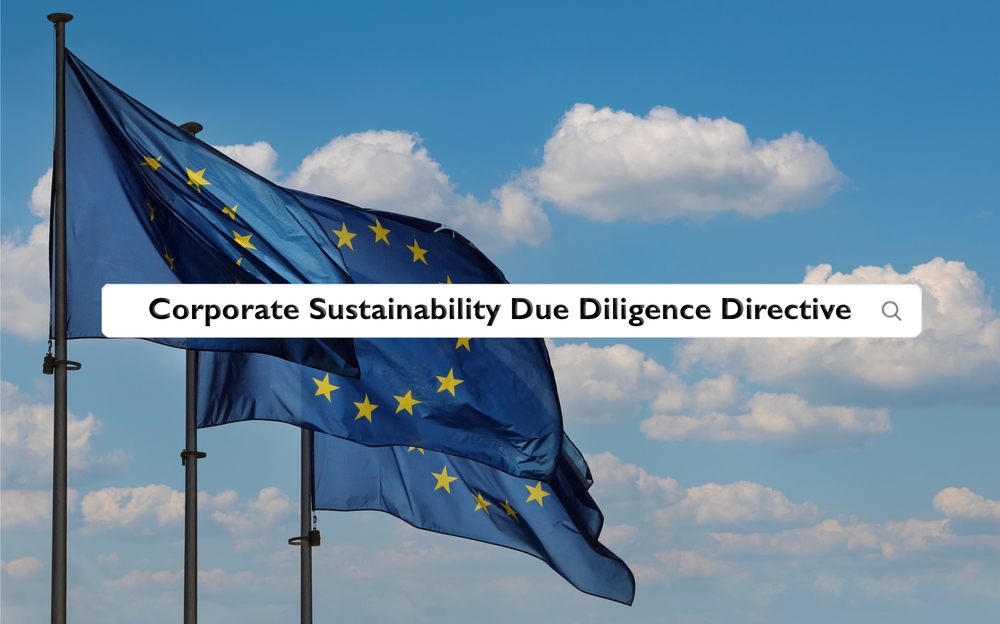Everything You Need to Know About the CSRD: A New Era for Corporate Transparency
The Corporate Sustainability Reporting Directive (CSRD) is a recent European legislation that aims at transforming how companies report on their sustainability practices. This Directive marks a crucial step in the European Union’s efforts to enhance transparency in terms of sustainability. This article explores the origins of the CSRD, its timeline, key criteria, and how companies can prepare for this new regulation, even those not directly affected.
CSRD Origins and Context
The CSRD is a response to the growing awareness of the importance of environmental, social, and governance (ESG) factors in the corporate world. It succeeds the Non-Financial Reporting Directive (NFRD), adopted in 2014. While the NFRD applied to around 11,700 companies in the EU, mainly large listed companies, the CSRD significantly broadens the reporting scope, potentially covering about 50,000 companies.
The primary aim of the CSRD is to ensure greater transparency on companies’ sustainability impacts and to provide comparable and reliable information for investors, consumers, and other stakeholders. The CSRD aligns with the broader framework of the European Green Deal, which aims to make Europe climate-neutral by 2050.
CSRD Timeline
- November 2021: Publication of the CSRD proposal by the European Commission.
- June 2022: Provisional agreement reached by the European Council and Parliament.
- 2024: Large companies already subject to the NFRD start applying the new CSRD rules for their 2023 reports.
- 2025: Large companies not yet covered by the NFRD are included for their 2024 reports.
- 2026: Extension to listed SMEs for their 2025 reports, with an opt-out possibility until 2028.
CSRD Criteria and Requirements
The CSRD imposes stricter and more detailed reporting criteria than the NFRD. Key requirements include:
- Broadened scope: The CSRD applies to all large companies and all listed SMEs, except micro-enterprises.
- European Sustainability Reporting Standards (ESRS): Companies must adhere to standards developed by the European Financial Reporting Advisory Group (EFRAG), providing a consistent ESG reporting framework.
- Audit and assurance: Sustainability reports must undergo audits to ensure the reliability of the provided information.
- Double materiality: Companies must report on the impact of their activities on sustainability issues (inside-out) and on how sustainability issues affect their financial performance (outside-in).
How Companies Can Prepare
To comply with the CSRD, companies need to undertake several key actions:
- Assess current practices: Conduct a thorough analysis of existing reporting practices and identify gaps relative to the new CSRD requirements.
- Establish data collection systems: Develop or enhance internal systems to gather, process, and report ESG data in line with the ESRS.
- Training and awareness: Educate employees and leaders on the new requirements and their significance for the company.
- Stakeholder engagement: Actively engage stakeholders, including investors, customers, and suppliers, to gather feedback and improve sustainability practices.
Why Even Non-Applicable Companies Should Prepare
Although the CSRD directly applies only to certain companies, its impact is likely to extend to other companies for several reasons:
- Supply chains: Large companies subject to the CSRD will likely require ESG information from their suppliers, including SMEs, to comply with reporting standards.
- Investor and consumer expectations: The demand for greater transparency on sustainability practices is increasing, even for non-listed companies.
- Preparation for future regulation: With sustainability legislation evolving rapidly, it is prudent for all companies to prepare for future requirements.
Conclusion
The CSRD represents a major advancement in corporate transparency and sustainability. By strengthening reporting requirements, the EU aims to create a more responsible market and align economic activities with climate goals. For companies, this means not only complying with new rules but also seizing the opportunity to improve sustainability practices and strengthen their market position. Companies, even those not directly affected by the CSRD, should prepare and adapt to this new reality to remain competitive and relevant.
To learn more or get help from our consultants, for instance regarding the double materiality required by the CSRD, please feel free to contact us for more information.
